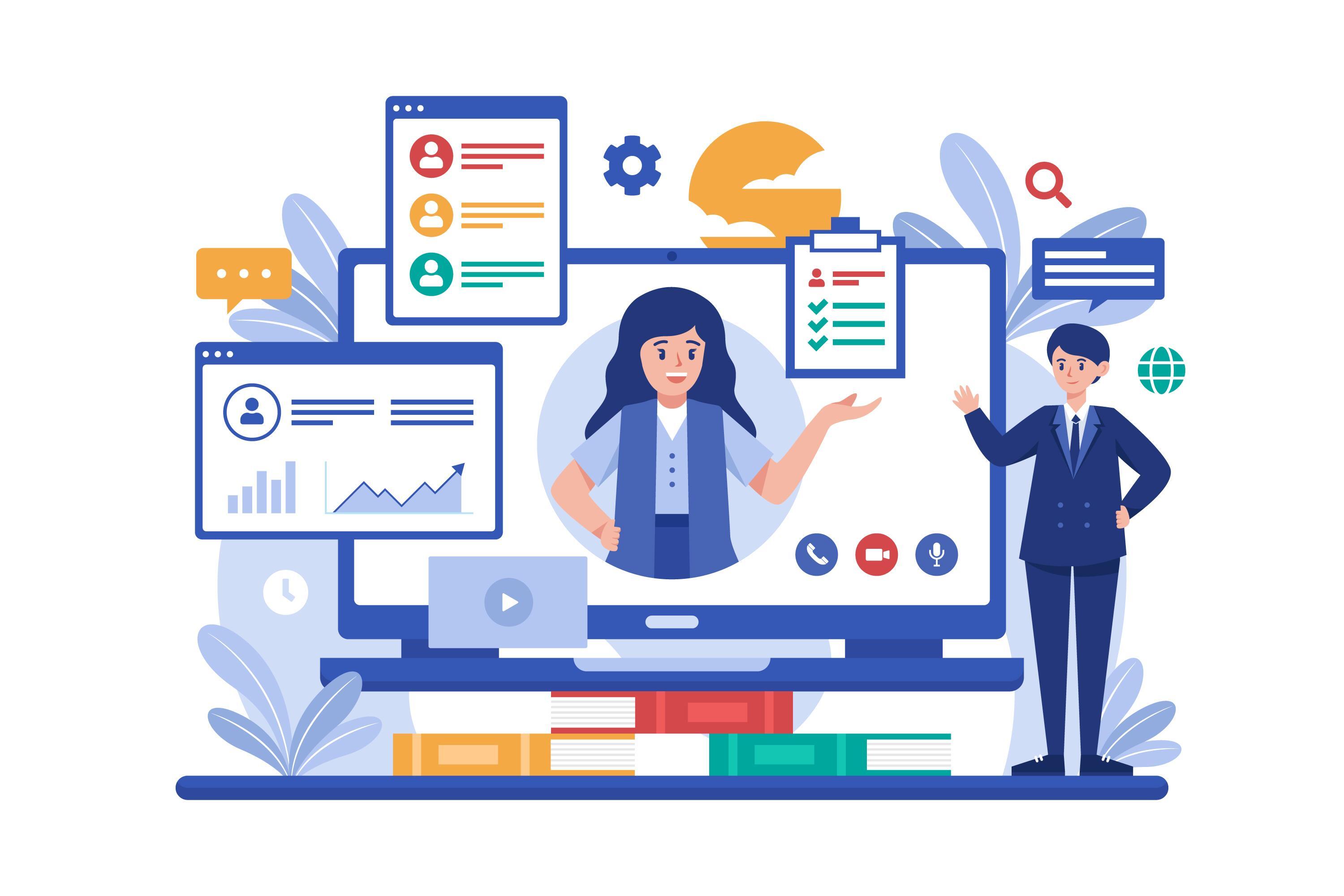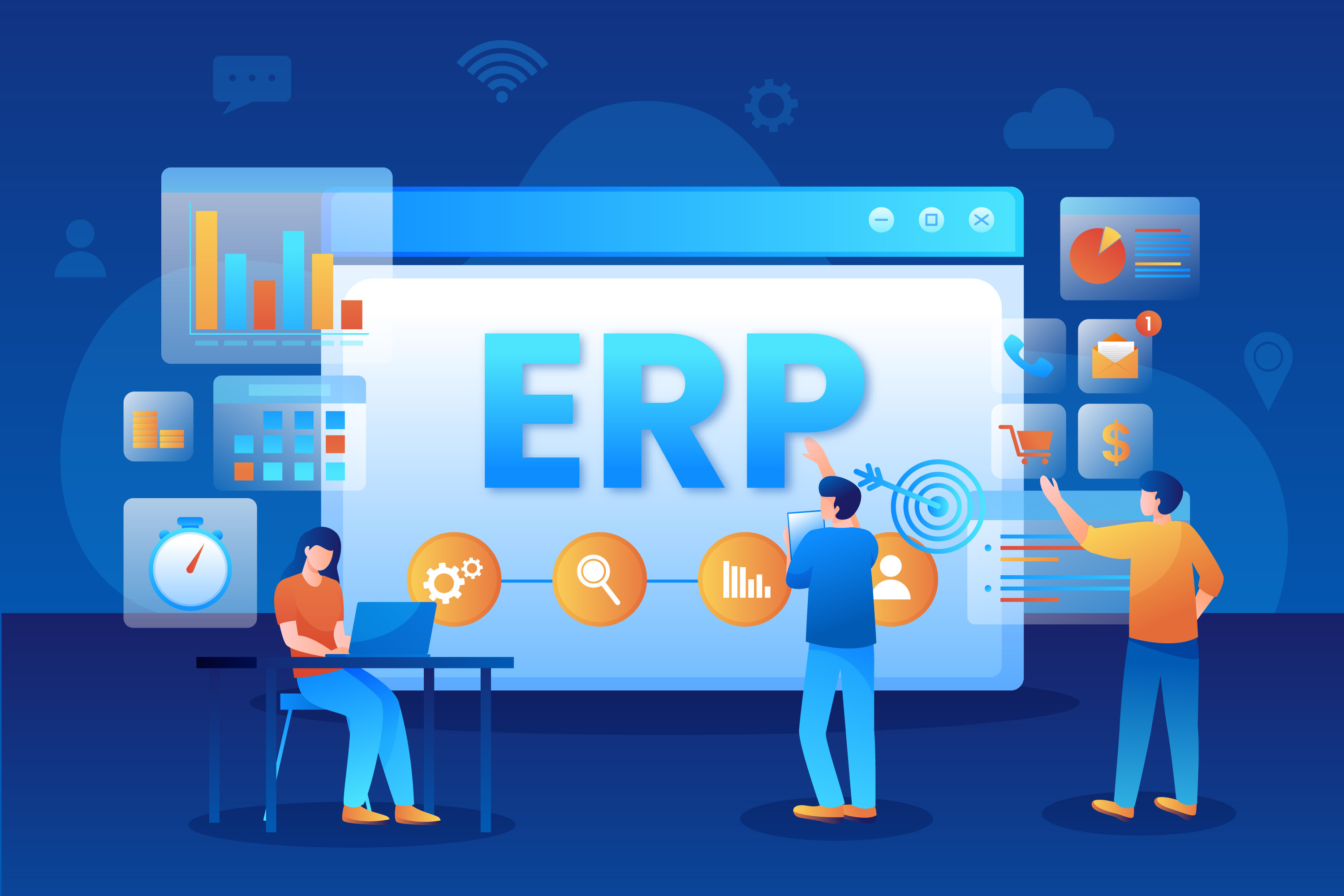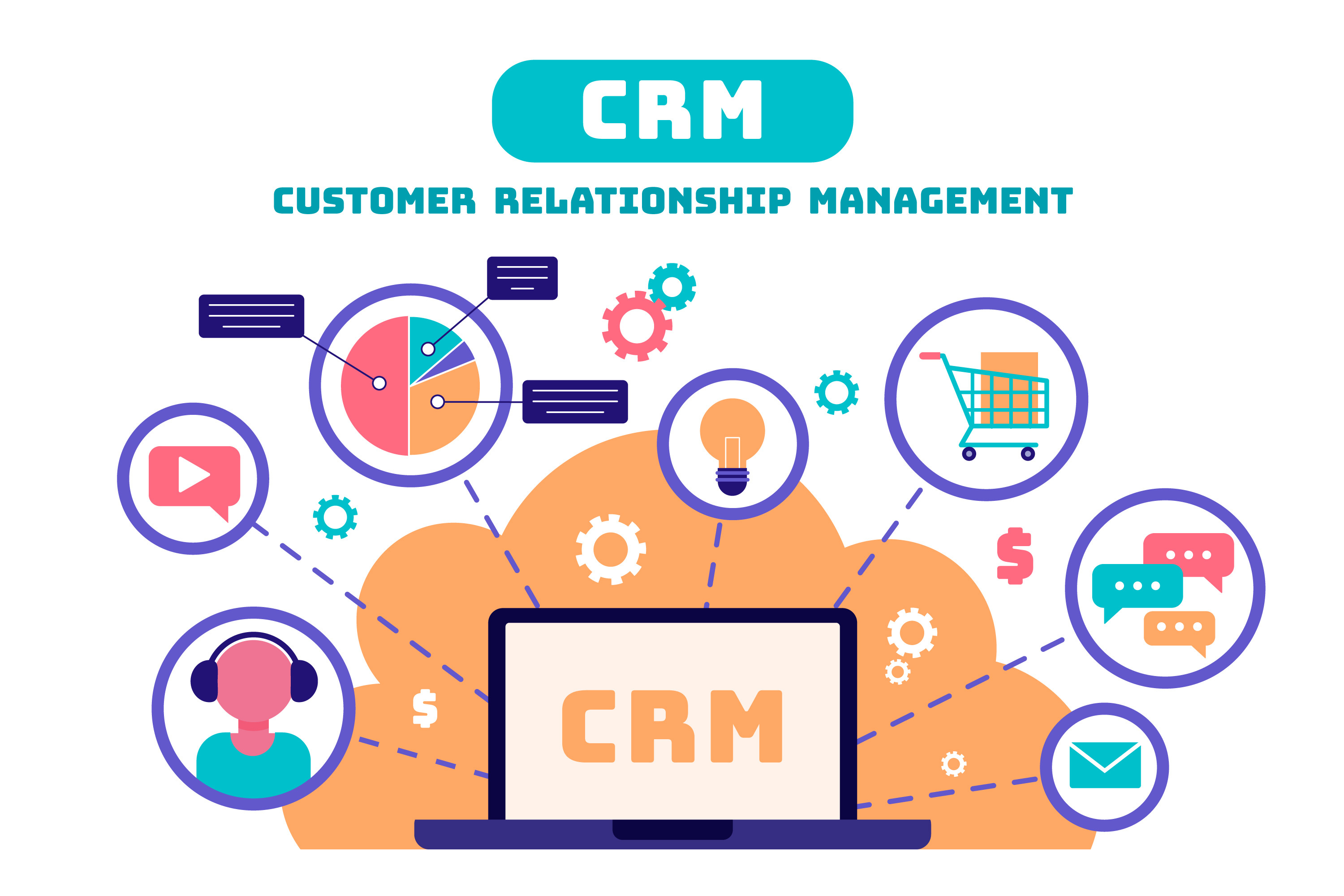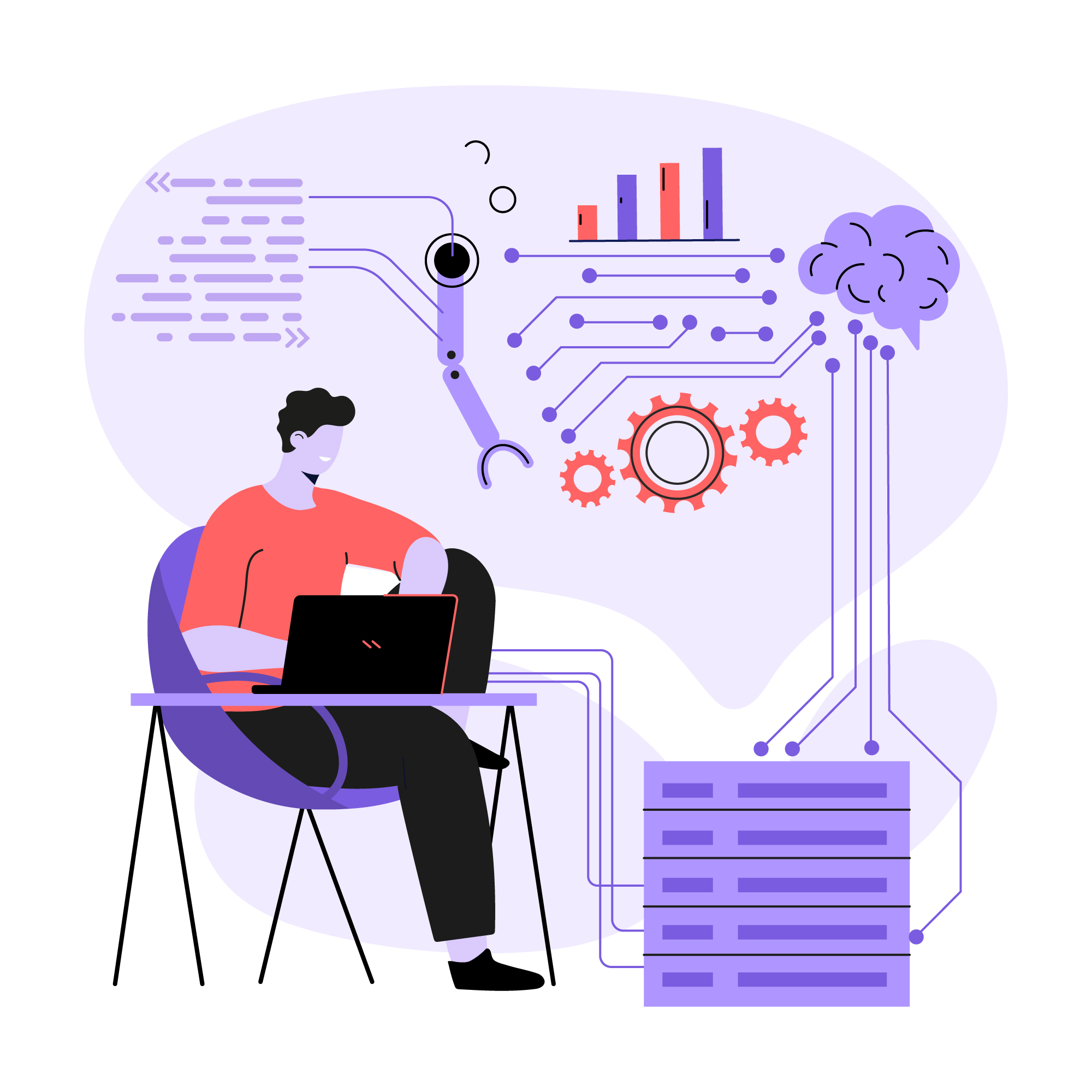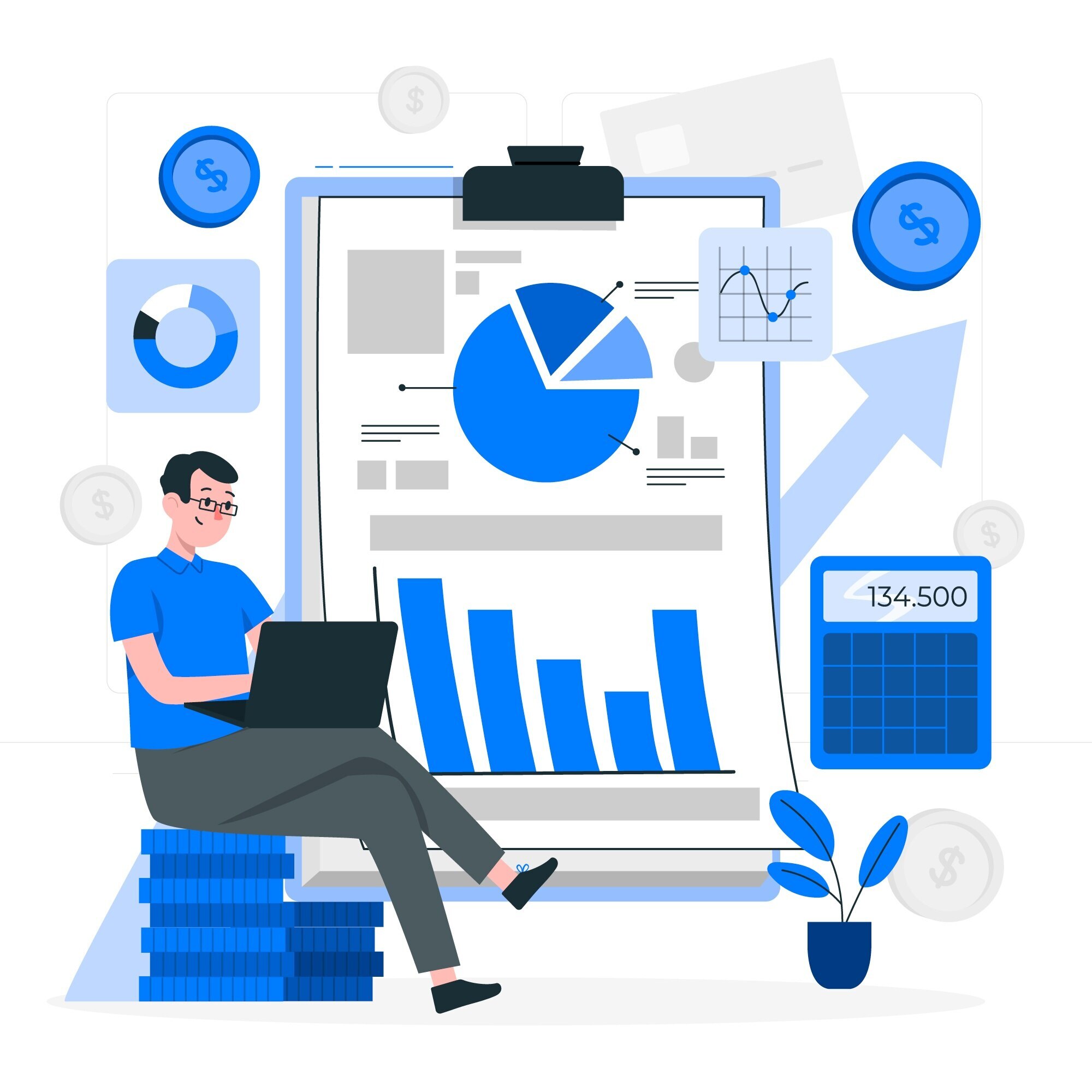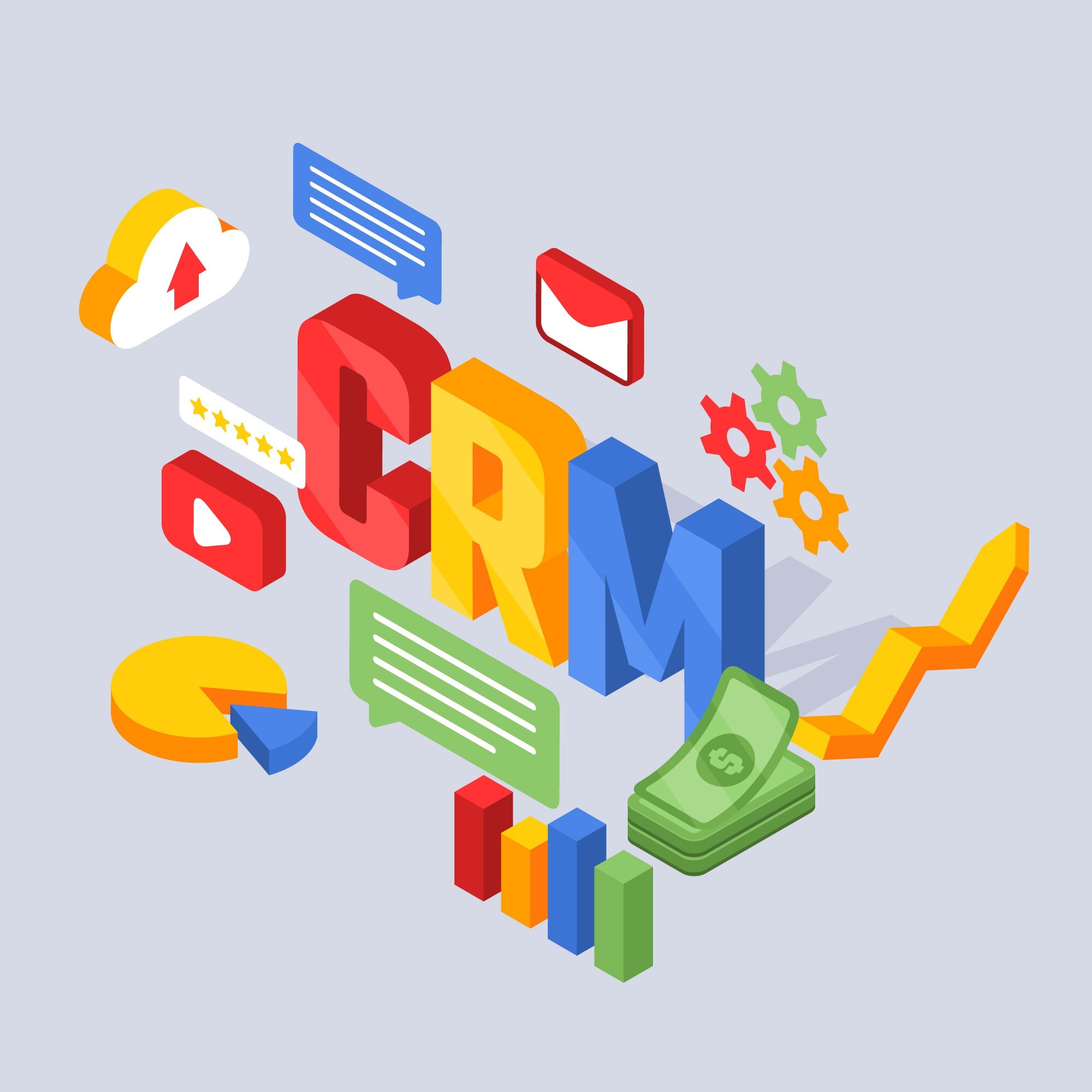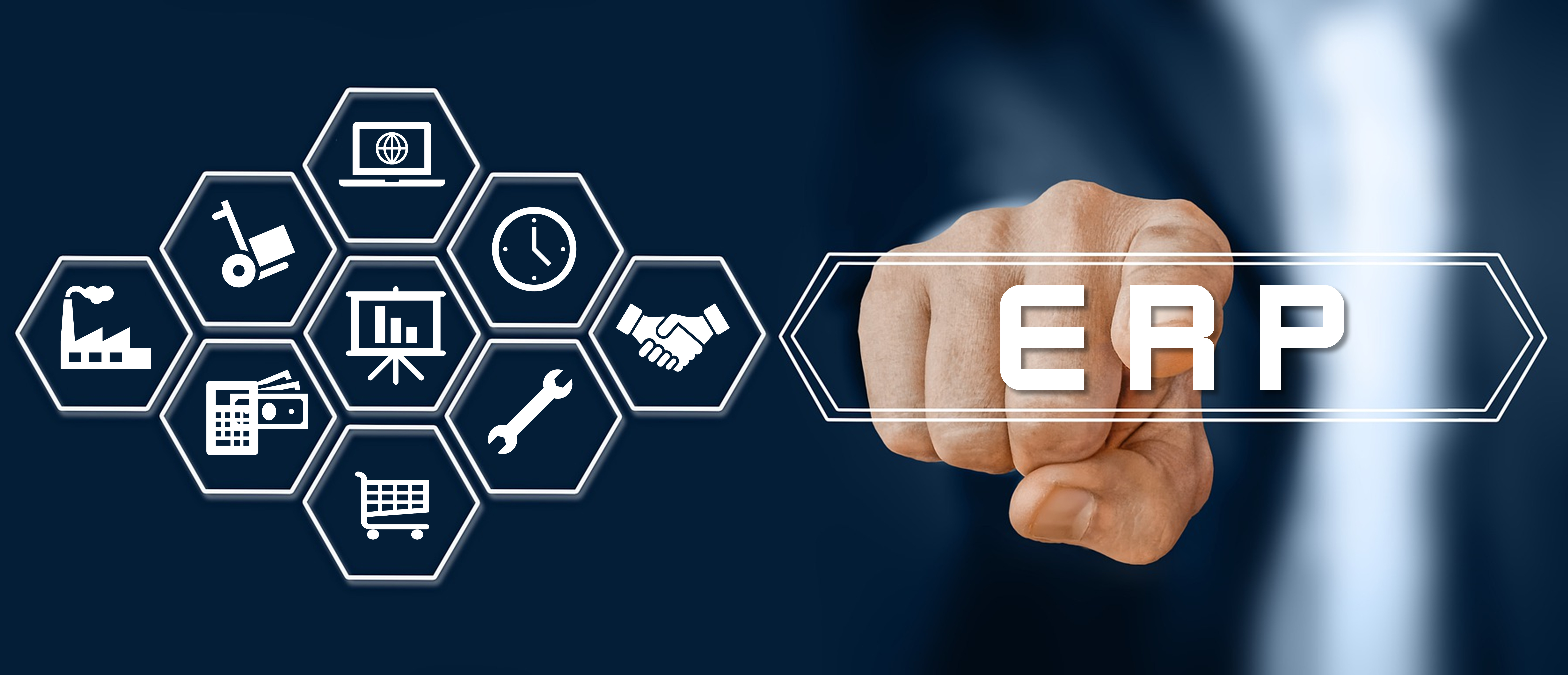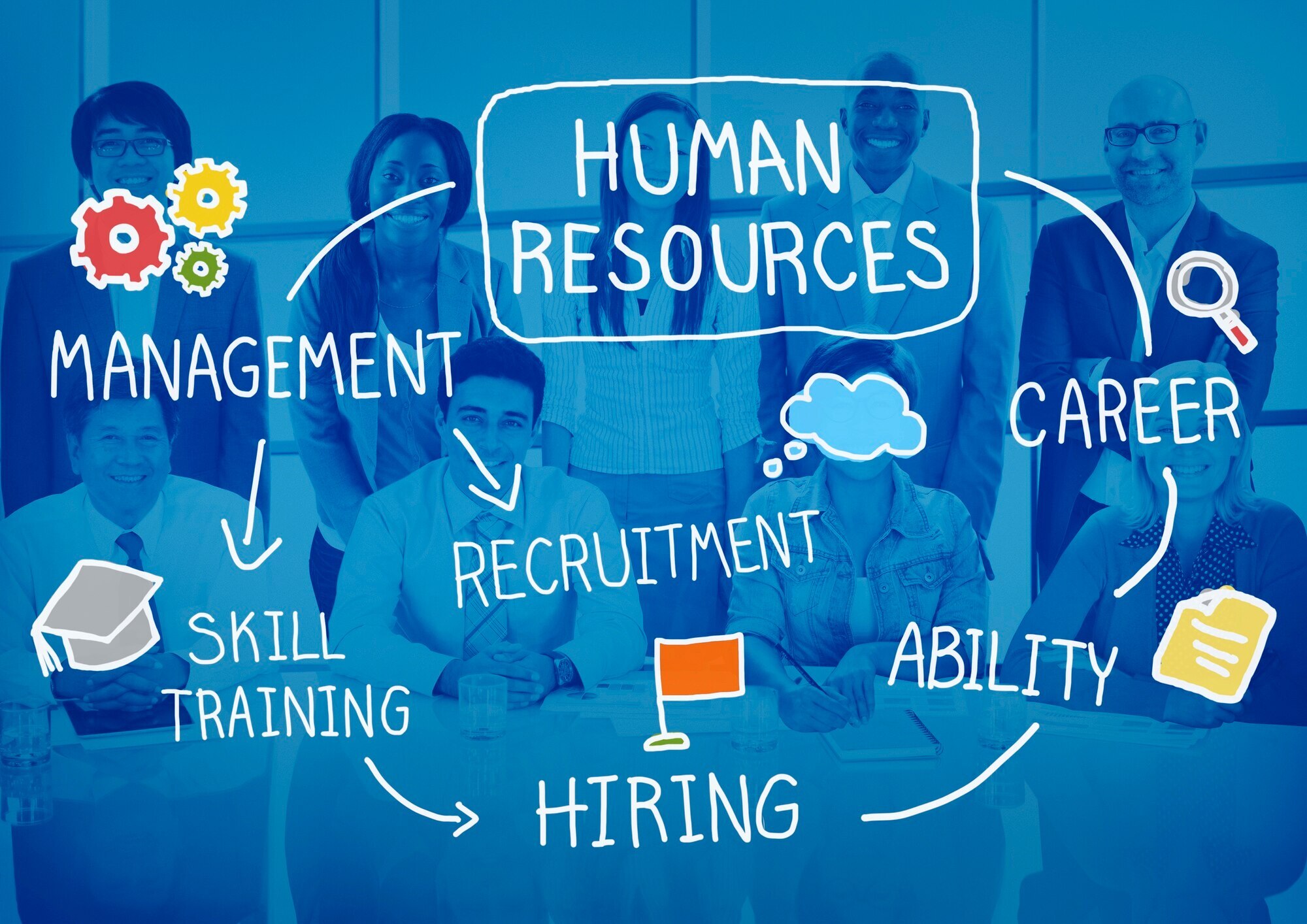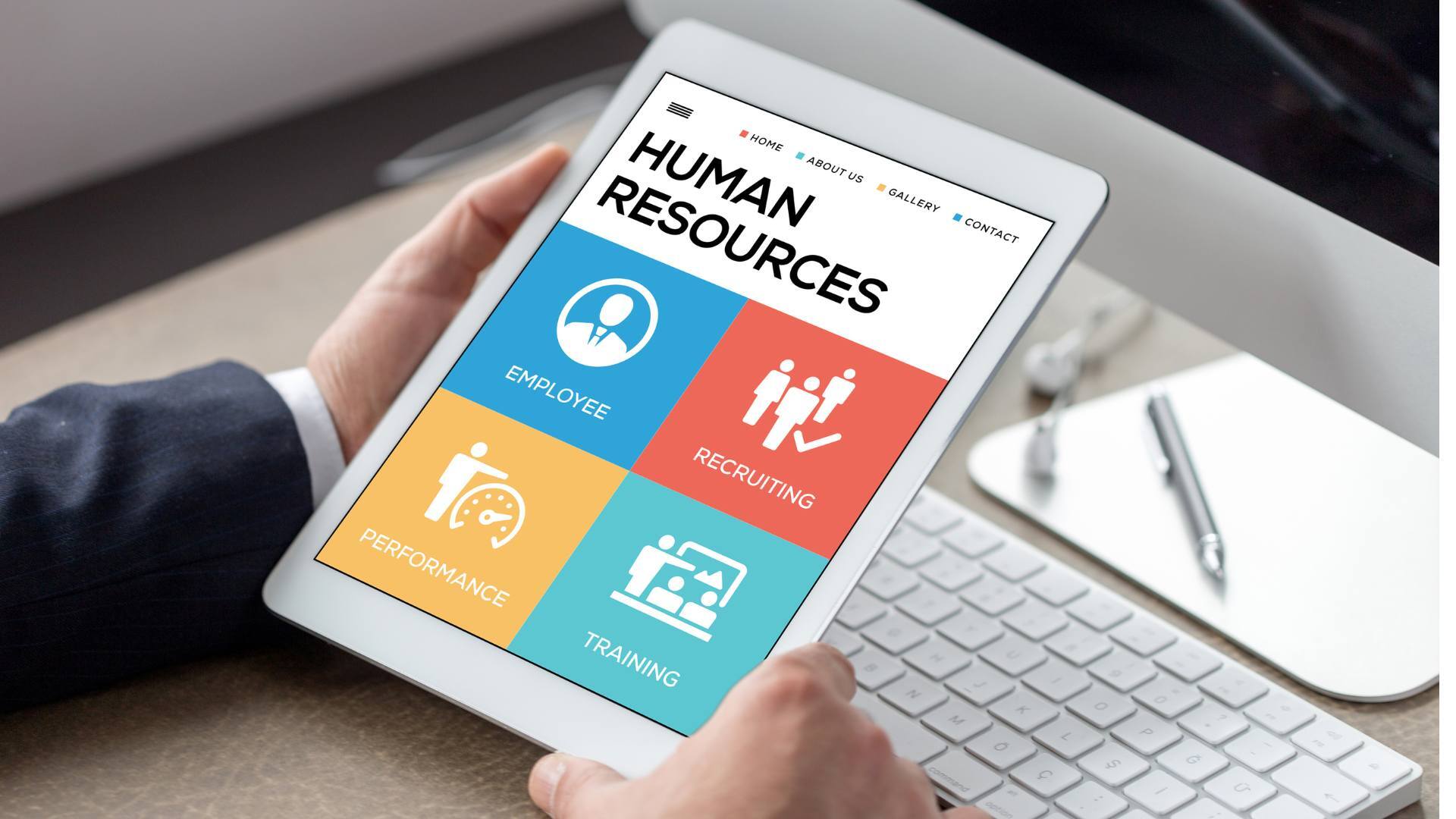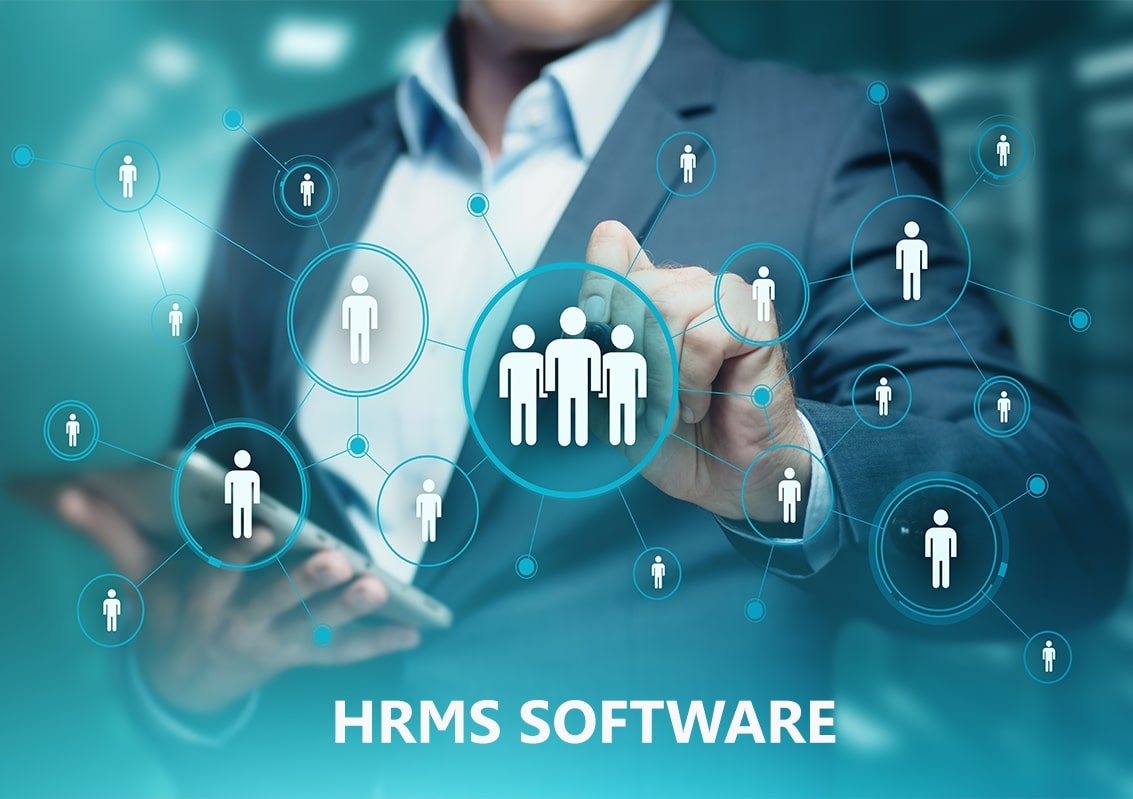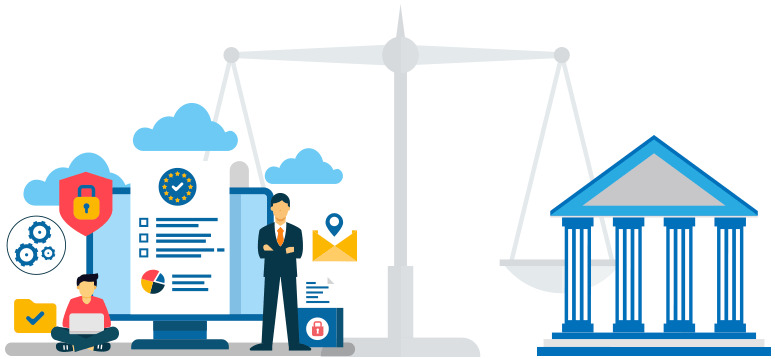In this fast-paced business environment, organizations are constantly seeking ways to improve employee engagement and retention. A pivotal tool in achieving these objectives is Human Resource Management System (HRMS) software. By streamlining HR processes and enhancing the employee experience, HRMS software plays a crucial role in fostering a motivated and committed workforce.
Streamlining Administrative Tasks:
One of the primary ways HRMS software boosts employee engagement is by automating and simplifying administrative tasks. This allows HR professionals to focus more on strategic initiatives rather than getting bogged down by paperwork. Employees benefit from efficient processes for tasks such as leave applications, payroll inquiries, and benefits management, leading to increased satisfaction and reduced frustration.
Facilitating Effective Communication:
HRMS software often includes communication platforms that help bridge the gap between employees and management. These platforms facilitate transparent and timely communication, which is vital for keeping employees informed and engaged. When employees feel that they are part of the organization's journey and that their voices are heard, their commitment to the company's goals naturally increases.
Personalizing Employee Experience:
Modern HRMS solutions provide data-driven insights that allow HR teams to tailor the employee experience to individual needs and preferences. By analyzing data on employee performance, preferences, and feedback, organizations can create personalized development plans and recognition programs. This personalization makes employees feel valued and understood, leading to higher engagement levels.
Enhancing Learning and Development:
A robust HRMS platform often includes modules for learning and development, offering employees opportunities for continuous growth and skill enhancement. By providing access to online courses, training sessions, and development resources, organizations demonstrate their investment in employee growth. This not only boosts engagement but also aids in retention, as employees are more likely to stay with a company that supports their professional development.
Improving Performance Management:
HRMS software enables more effective performance management by providing tools for setting clear objectives, giving regular feedback, and conducting fair evaluations. When employees have a clear understanding of their goals and receive constructive feedback, they are more likely to be motivated and engaged. This clarity also helps in identifying areas for improvement and addressing them proactively, fostering a culture of continuous improvement.
Fostering a Positive Work Culture:
By ensuring transparency, facilitating communication, and supporting employee development, HRMS software contributes to creating a positive work culture. A positive work environment is crucial for retaining top talent, as employees are more likely to remain with an organization where they feel respected, supported, and part of a cohesive team.
Conclusion:
In conclusion, HRMS software is a powerful tool that significantly enhances employee engagement and retention. By streamlining processes, facilitating communication, personalizing experiences, supporting learning, and improving performance management, HRMS solutions help create a work environment where employees feel valued and motivated. As organizations continue to evolve, investing in robust HRMS software will be essential for maintaining a committed and engaged workforce.
